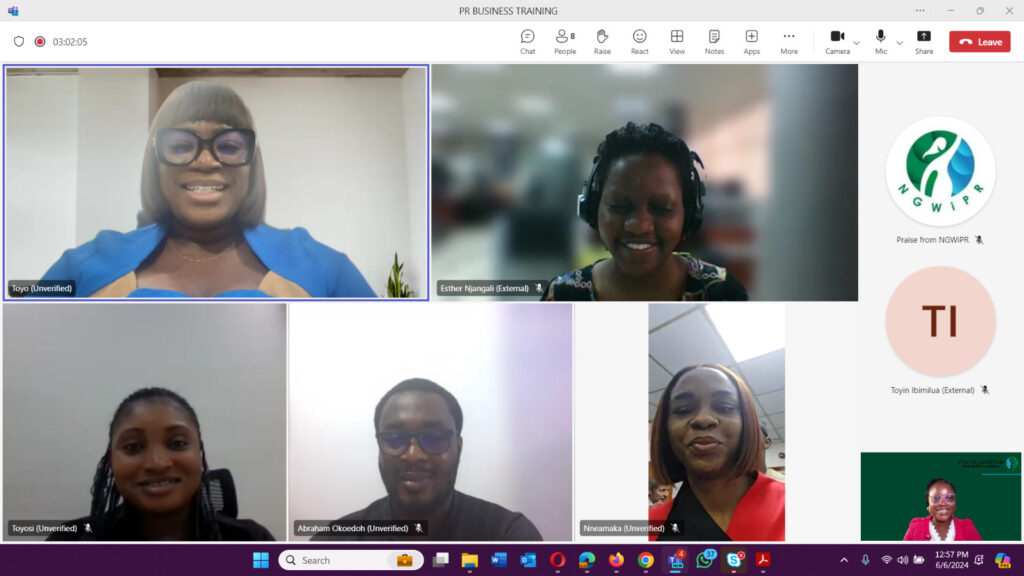It is estimated that at least 10% of South African children have neuropsychological challenges. Neurodiversity, the range of different brain structures and chemistry which is found in the human population, includes people with autism as well as those with differences such as ADHD (attention deficit hyperactivity), dyslexia, OCD (obsessive compulsive) and sensory integration issues. Neurodivergent children may experience additional trials in life when it comes to social relationships, communication, language skills, mood, motor coordination, attention, activity and sleep.
Worldwide, many neurodivergent children are included in the mainstream educational system, and neurodivergence is not synonymous with disability, though some children may need special accommodations in their learning environments. Tracy Fletcher Davies, a Clinical Psychologist at The Neurodiversity Centre in Cape Town says, “Latest research is revealing that neurodiversity issues can co-occur and overlap and are not as stand-alone as we once thought. Other mental health concerns may present alongside neurodiversity challenges. Therefore, the experience of neurodiversity is highly individual and variable, and neurodivergent children may need different kinds of adaptations for them to succeed at school in both academic learning and social development.”
Koa Academy, South Africa’s pioneering and award-winning high engagement online school has included neurodiversity training for its teachers and shares awareness of neurodiversity with parents and learners. Head of FET Academics at Koa, Jason Hutchison says, “While Koa is not styled as an online school for those diagnosed with neurodivergence, we recognise that it is inevitable that neurodivergent children, parents and teachers will be represented in our school community. What is essential is to have a school environment based on understanding, recognition and tolerance because these factors are at the heart of both social and self-acceptance. When we can recognise and understand those around us, we can maximise everyone’s potential. Embracing neurodiversity is not just for the neurodivergent; the neurotypicals play a key role in helping shape an ecosystem that is inclusive and welcoming of everyone.”
Is the online classroom better for neurodivergent children than traditional schooling?
While several studies have shown that neurodivergent children can improve their academic performance in the more flexible online education space, it’s not necessarily the solution for every child and family.
Tracy says, “What counts is the fit between the child’s needs and the school, whether that is online or traditional. Children have different needs for co-regulation, structure, choice, routine, sensory stimulation, lowered sensory stimulation, peer interaction, sport, visual or auditory learning choices. The answer lies more in how a learning environment incorporates the child’s needs as opposed to whether the format is online or in-person. What I have found in my practice is that teachers can be powerful agents when it comes to meaningful inclusion, so it helps to have teachers who can recognise and accept neurodiversity. Many children who have found mainstream school overwhelming might well thrive in an online school where they engage from their own, controlled environment in smaller classes and follow personalised learning pathways. However, online school may limit opportunities for social and emotional connections, and it also requires greater parental oversight and support which is not feasible for all families. So, we need to be working towards greater understanding and acceptance of neurodiversity across all educational spaces.”
One is either neurodiverse or not
Jason concludes, “It is important to understand that neurodivergence is not a choice, it is not a disease, and it is not contagious. Neurodiversity is a physical difference in the structure of the brain and the chemistry involved. For example, those with autism have a more triggered amygdala, which is emotional response and fear control centre. When people with autism become overstimulated, it triggers a response in a way that would be similar to a neurotypical person coming eye to eye with a hungry lion in the wild. The term ‘spectrum’ can also be misleading as neurotypicals may think that they might be a ‘little neurodivergent’. That is not the case – one is either neurodivergent or not. However, the characteristics, nature and neurotype are unique for each individual who has been classified as being neurodivergent. This means that the severity of the impact neurodiversity has on each person is different and for some the impact may be intense and debilitating while for others it can be a superpower or quirk that makes them interesting.
Those with neurodivergence are still capable of achieving, meeting deadlines, engaging in classroom situations and discussions, and being positive, active members of society in a variety of ways. Yes, there might need to be a shift in how we approach different situations so as to ensure that everyone has an equal and equitable opportunity for success. However, that does not mean that we need to lower our standards or expectations for those recognised as neurodivergent. Rather, we just need to ensure that everyone is provided with the level of support that they need in order to reach the goals that are attainable for them. Neurodiversity should not be used as an excuse for not succeeding – that would be an injustice to both those recognised as neurodivergent and to the larger community who can derive benefits from the inclusion of unique perspectives brought by those who are neurodivergent.”
Parents of neurodivergent children can consider these top tips from clinical psychologist, Tracy Fletcher Davies to help support your child’s success through their schooling years:
Accessing support – from assessment to diagnosis, recognition and intervention, it helps to have support. There are a range of professionals that can help families including psychologists who are neurodiversity informed, developmental paediatricians, neuropsychiatrists or paediatric neurologists, occupational therapists and speech and language therapists.
Identifying the most pressing needs at each developmental stage –The needs of a neurodivergent child evolve over the school years. Working with your professional support and educators, the team around your child, is helpful to identify your child’s current challenges and implement appropriate strategies as needed. These might include targeted interventions from time to time such as speech and language support, occupational therapy, implementing environmental adaptation techniques or employing a multidisciplinary support strategy.
Meeting education needs – there are many considerations when it comes to school choice including your child’s sensory profile, communication preferences, social barriers or needs, specific learning strengths and differences as well as any additional co-occurring learning conditions. Parents need to think about executive functioning support so that their child is more adept when it comes to planning, time management and emotional regulation. A good idea is to engage the school and teachers to together seek out opportunities for your child to consistently have opportunities to learn through their special interests and strengths.
Encouraging a positive neurodivergent identity – it helps to focus on appreciation of the gifts and strengths of having a neurodivergent child in the family. Parents can consider what quality of life, happiness and joy mean for each person rather than what mainstream society perhaps considers acceptable. Be open to shaking up all the constructs of what independence, success, love and meaning look like, and listen to your child’s unique voice.
Finding community and being part of the change – as awareness grows it is hopefully becoming easier for parents of neurodivergent children to become part of an affirming neurodivergent community while also nurturing happy, healthy relationships with neurotypical family and friends. Many parents of neurodivergent children find purpose in working together to promote a more inclusive society and help remove barriers to meaningful inclusion.
Discover Koa Academy, visit www.koacademy.com











